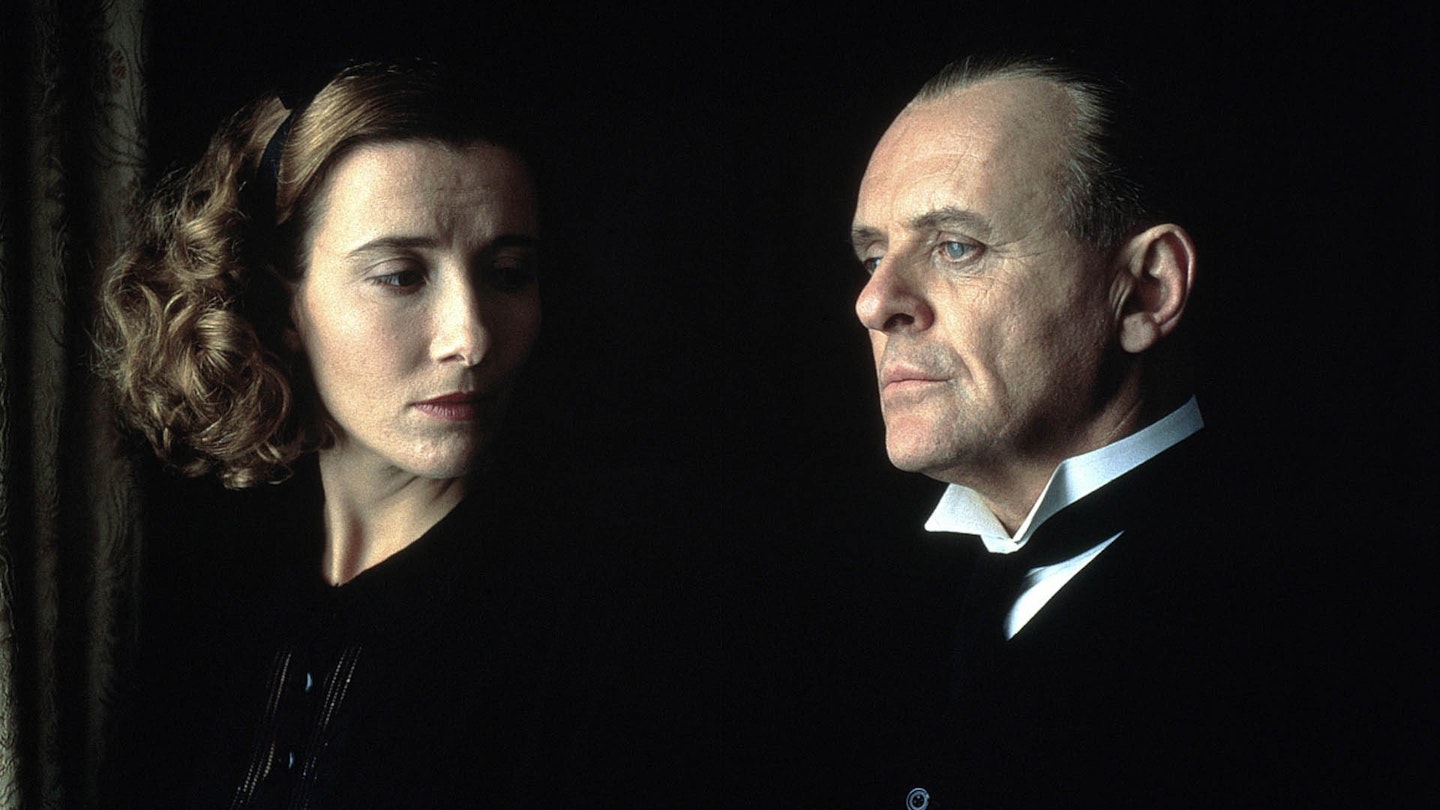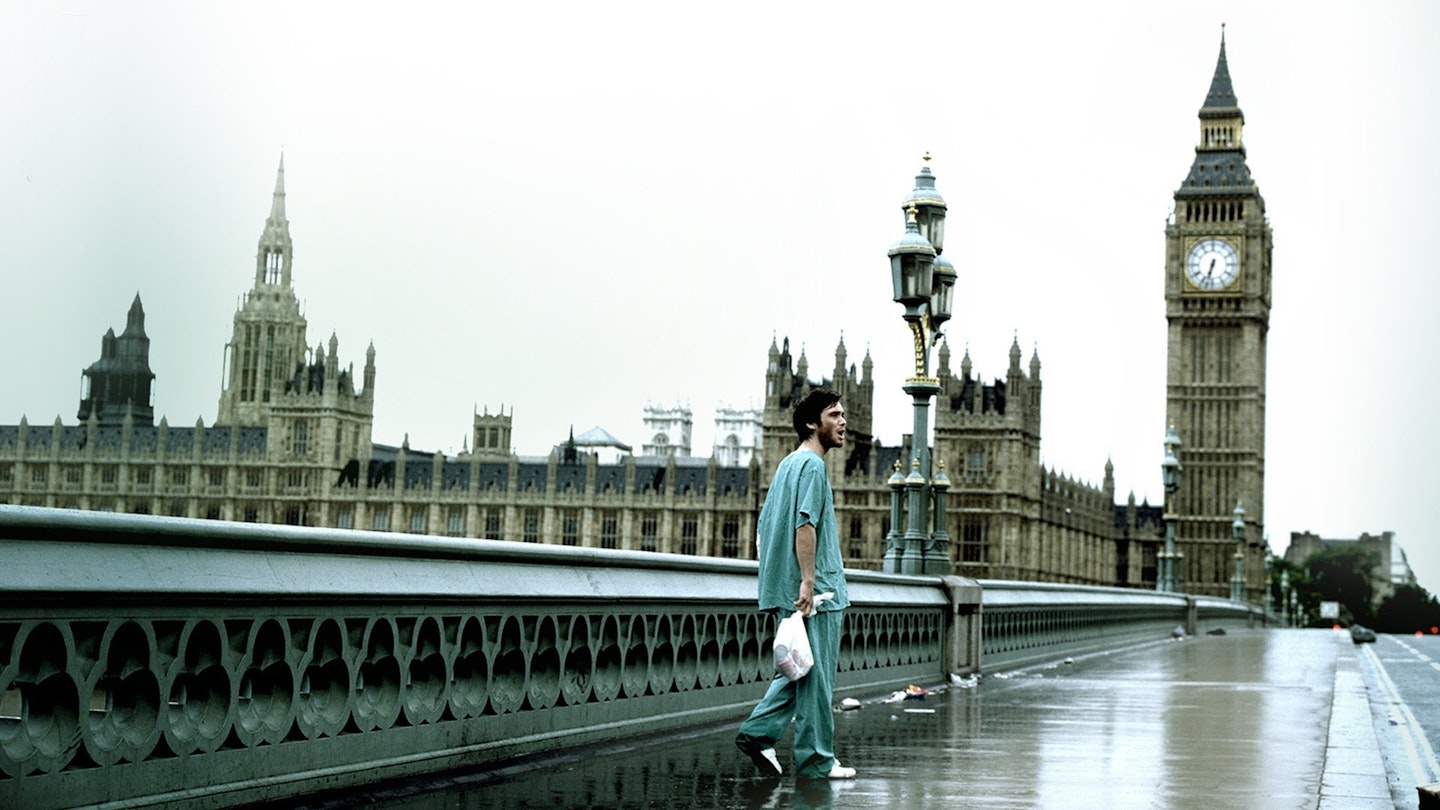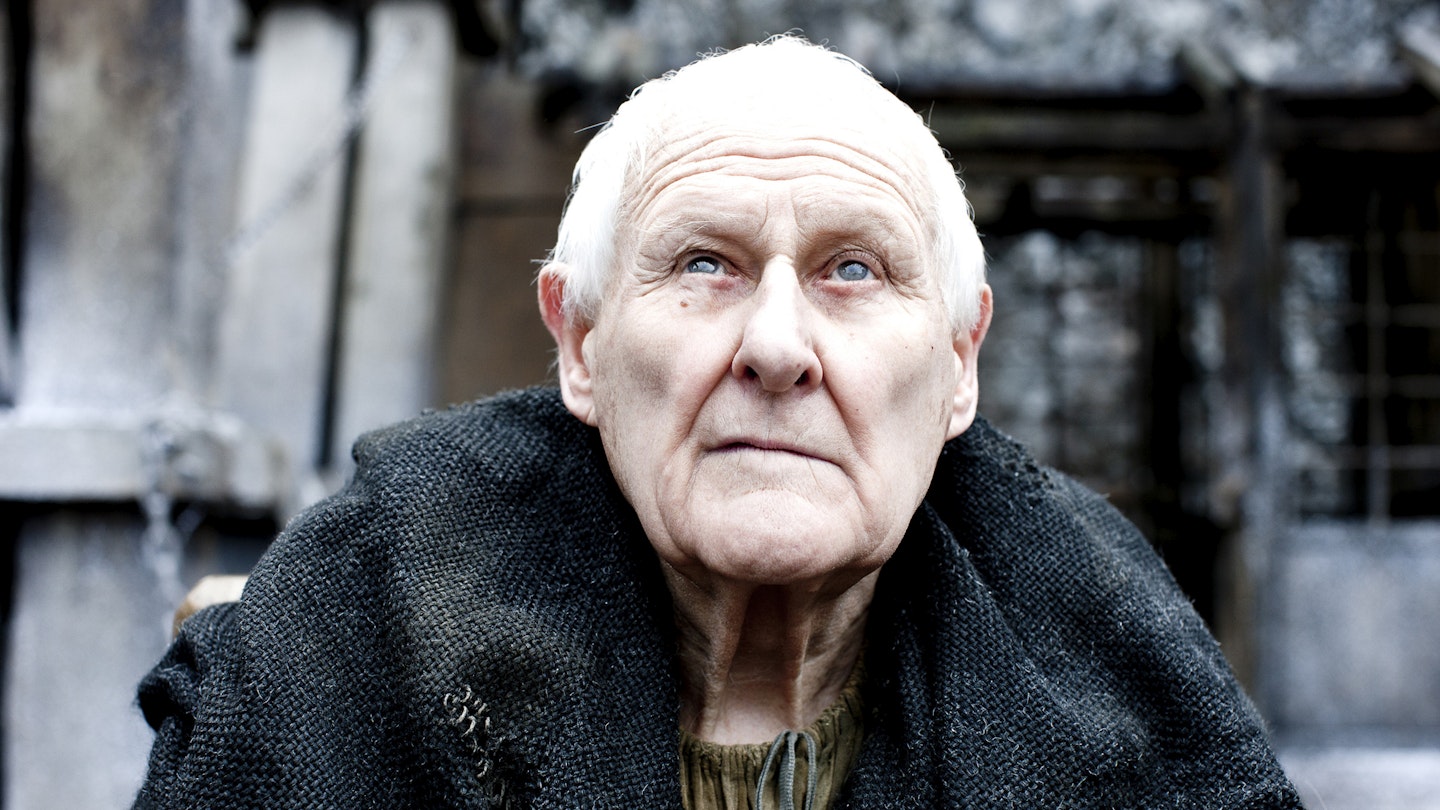E.M. Forstered out, producer Ismail Merchant, director James Ivory and screenwriter Ruth Prawer Jhabvala (in her thirteenth Merchant-Ivory collaboration) have taken into their masterly hands Japanese-born Kazuo Ishiguro’s Booker Prize-winning novel of duty, betrayal and loss and turned out another perfectly crafted, perfectly “British” film.
Anthony Hopkins head the top-class home side as Stevens, the perfect butler and head of the vast household staff of Darlington Hall where, in the 1930s, his lordship James Fox’s enthusiasm for order, tradition and stability takes a disquieting turn with his ominous penchant for all things Teutonic. Opening in the late 50s with a new American owner keen to restore the Darlington spread, the story unfolds as faithful Stevens review his lifetime of service, his own personal drama played out against hints of the treason and tragedy that will take place as war and sweeping social change touch all in Lord Darlington’s domain.
Stevens, born to serve, is rigidly suppressed and dutiful, internalizing - in a sting of acutely observed, comic and painful events incidents – all his most important personal experiences (of death, of love, of conviction) in the cause of serving his master. Thompson is Miss Kenton, the prickly but wistful young housekeeper at touching odds with the gentleman’s gentleman who has never learned to express his own needs or serve his own interests.
Beautifully detailed, from the nuances of the domestic hierarchy to the events “upstairs” which Stevens observes but can never venture to comment on, one scarcely need add, of course, that it looks splendid. Cleverly structured, this has all the obvious commercial appeal of an Upstairs Downstairs with Nazis while offering a more profound character study in its quiet If Only and What Might Have Been tragedy of a man who knows his place and keeps it, while losing himself. Though it is becoming redundant to describe Hopkins as brilliant, his performance here is so remarkable as to evoke wonder, and for that alone this film represents one of the distinguished achievements in the Merchant Ivory catalogue.



